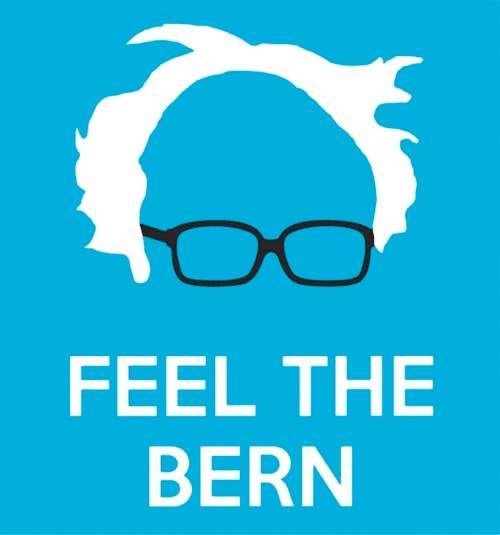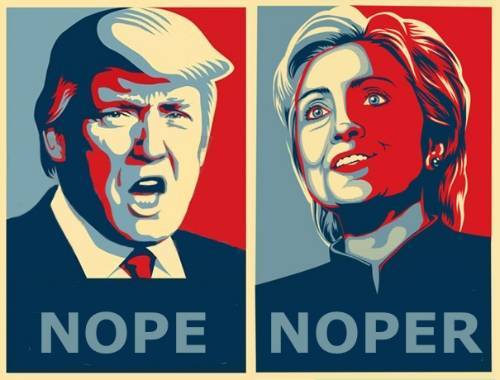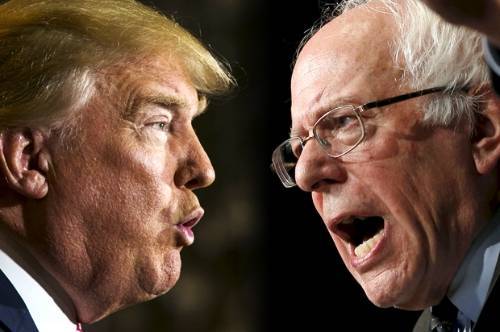What do you think?
Rate this book


449 pages, Hardcover
First published November 15, 2016




The political power of the oligarchs goes well beyond their campaign contributions and ability to influence elections. As a result of their ownership of media, think tanks, university chairs, and political front groups, they influence American public opinion and domestic and foreign policy in ways that few realize. (190)
"At all of these rallies, where we were filling up large arenas, people were not walking out during a long speech, they were not (I think) bored. They were listening. If there is a lesson I learned from this experience, it was that Americans are hungry for an understanding of what is going on in our country and how we can improve it." (147)And his section called "Turning Workers into Owners" (pp. 259-262) was completely new and exciting to me. Why don't we do these things? Lots of other places have and they work!
Humanity is at a crossroads. We can continue down the current path of greed, consumerism, oligarchy, poverty, war, racism, and environmental degradation. Or we can lead the world in moving in a very different direction.


